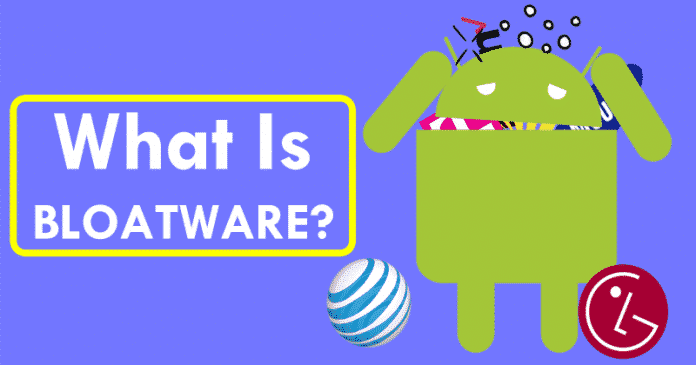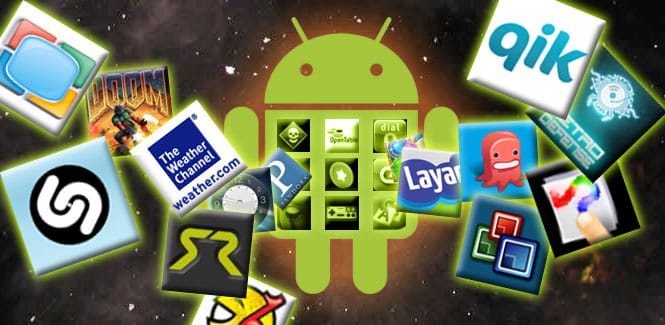However, the moment of excitement when we gradually discover the different functions of the software simply gets overshadowed when we start to see a multitude of applications that do not please us or meet our needs at all. Basically, all those unwanted apps are known as Bloatware.
What Is Bloatware And Why It Comes Pre-Installed?
After buying a new smartphone, we usually turn it on and simply organize it according to our accounts and applications. However, the moment of excitement when we gradually discover the different functions of the software simply gets overshadowed when we start to see a multitude of applications that do not please us or meet our needs at all. Basically, all those unwanted apps are known as Bloatware. Hence, today we are simply going to travel back in time when the computers were just big square boxes. As the memory systems had very little space, which required developers to create applications that took up as little space as possible. As the hard disks were evolving and their technology became cheaper, the developers were simply relaxed and their systems and applications began to get fat. As nowadays it was no longer necessary to reduce the system to the minimum composition, but the problem is that this increase in weight was not always proportional to the growth and improvement of the functions. When the term Bloatware was invented simply referred to those unnecessary resources of a system that despite not being useful were left and ended up occupying space in the memory of the device. Applications with very basic functions occupied an excessive amount of space, and not only that even the software updates also spent large amounts of device resources, like the data when downloaded.
What is Bloatware?
Over time the meaning of the word Bloatware has been extended to other uses. If you ever find this term in the articles of smartphones like we did here in Techviral, you will simply know that we are referring to the applications that are already comes pre-installed in a device when we turn it on for the first time. We are not talking about critical applications like the image gallery, the contacts or the camera app, as we are specifically talking about the other applications of the manufacturer or third parties that when we turn on the device for the first time we generally see that they are already installed without giving you the option to choose whether you want them or not. Hence, this set of applications are referred to the Bloatware or you could also say that they are just like crapware. As they usually end up in our devices because the developers pay the manufacturers to include them and through this type of deals the brands also manage to get a little more profit via their products. The most extreme cases are usually those when the smartphones were offered by the operators at lower prices. As these companies also ask the manufacturer simply to include their applications, just like smartphone manufacturers Xiaomi who put its entire range of applications in their devices. However, sometimes this Bloatware is usually useful, as we can find applications to read QR code, recorders, calculators, calendar and much more. Although other times we can choose better applications from other developers, however, whatever the case is, usually we uninstall most of the applications in case if we do not want to use them. Now basically, if we talk about the uninstallation of these apps then let me clarify that it simply depends on the type of device and its operating system, as there are different ways to uninstall them without harming the rest of the system. But, the fact is that usually, the uninstallation procedure is the same almost for all the Android devices. So, what do you think about this? Simply share all your views and thoughts in the comment section below. And if you liked this post then simply do not forget to share this post with your friends and family.
Δ



